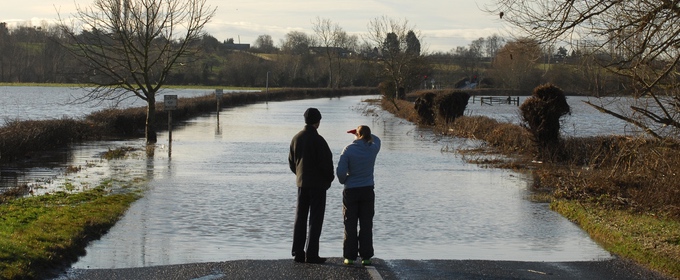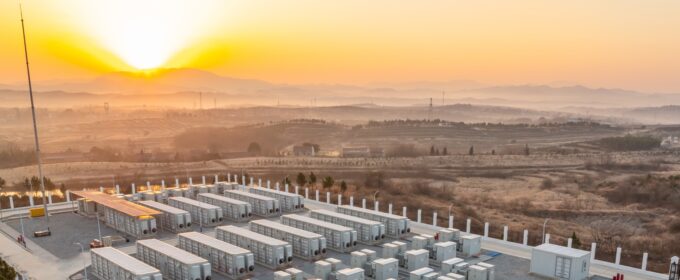There is increasing recognition that a UK net zero future will feature a significant role for hydrogen as an energy vector. The UK currently relies heavily on natural gas for heat, industry and power production. If net zero ambitions are to be realised, this must be replaced with either increased electrification (powered by low-carbon sources) […]









